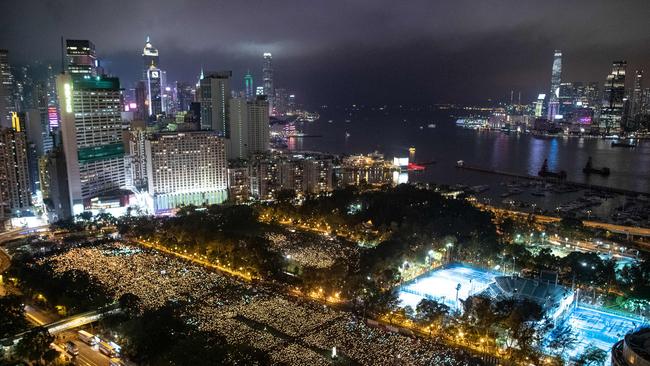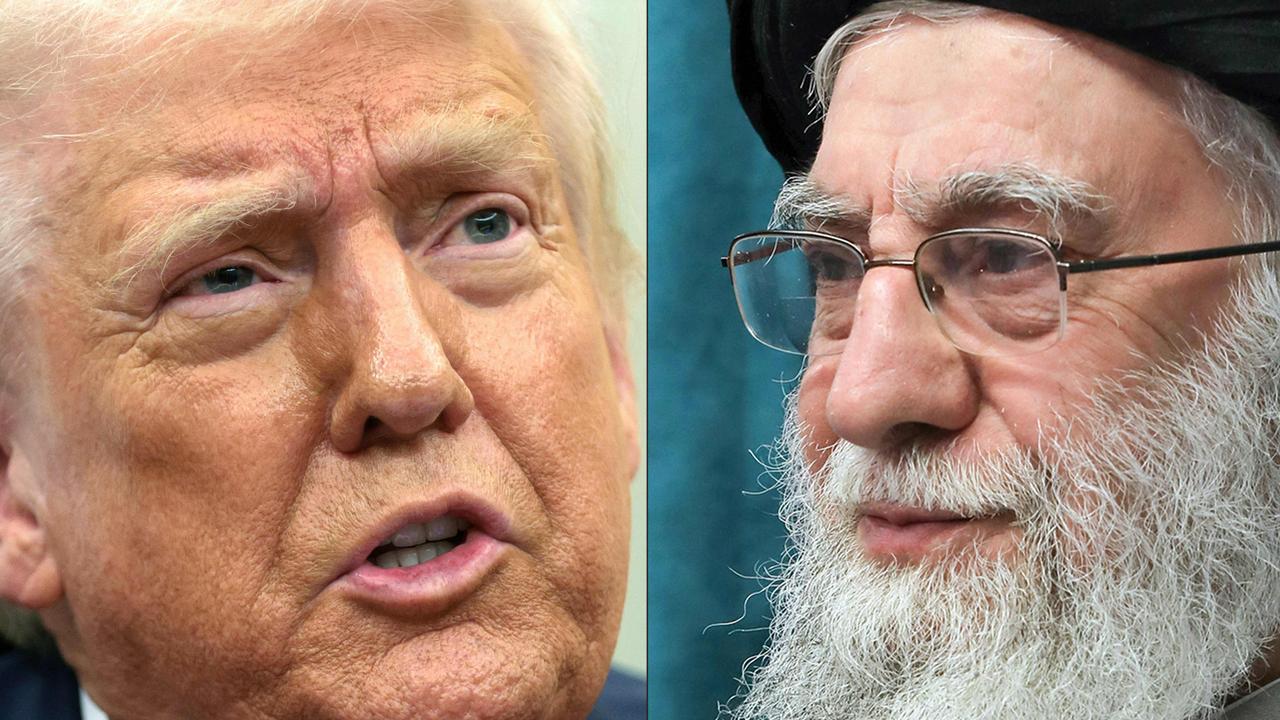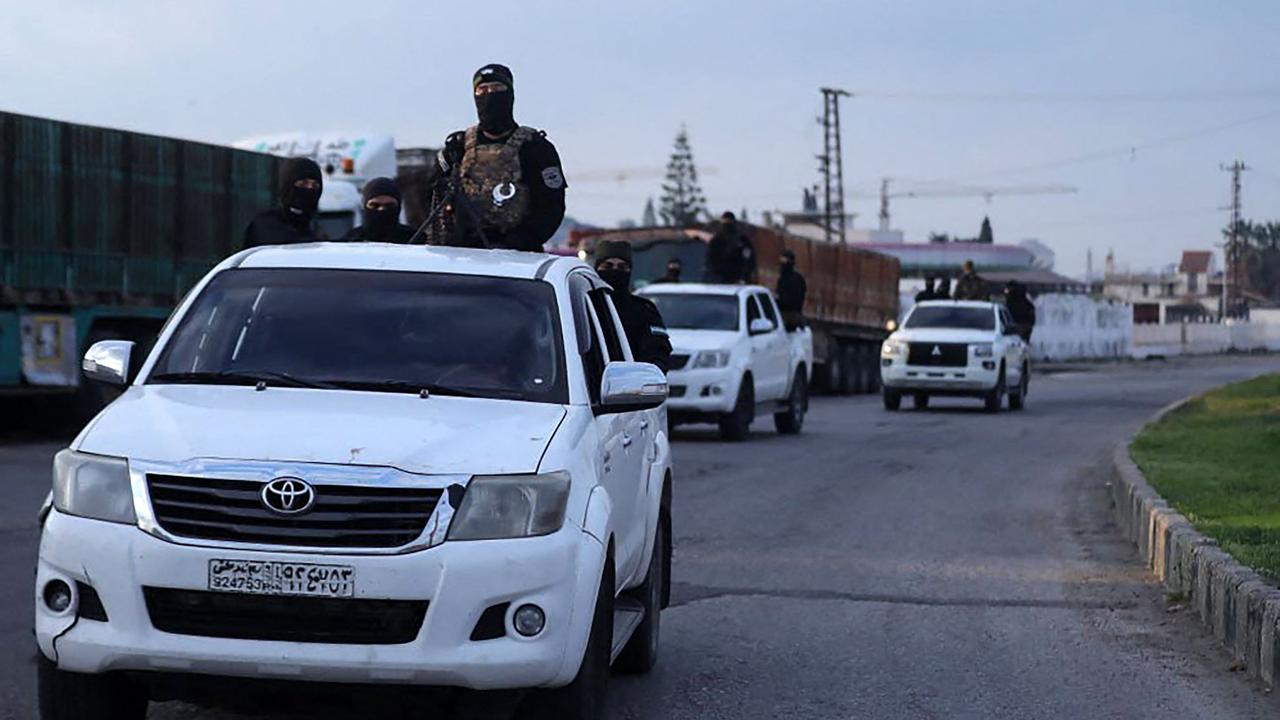China bans Hong Kong vigil in memory of Tiananmen dead
China has banned Hong Kong’s annual candlelight vigil to commemorate the 1989 Tiananmen Square massacre.

China has banned Hong Kong’s annual candlelight vigil to commemorate the 1989 Tiananmen Square massacre, amid concerns after Beijing said it would impose national-security laws on the city.
Citing health concerns and social-distancing rules to contain the COVID-19 pandemic, police said they couldn’t allow the vigil to be held on Thursday and that anyone who violated the decision could be subject to jail and fines.
This would be the first time in three decades that a memorial mass wasn’t held in the city.
Since Chinese soldiers and tanks swept away students gathering to demand democracy in Beijing in 1989, tens of thousands of people have turned out each year in Hong Kong to light candles, call for justice for the victims and chant against China’s one-party rule.
Last month, China signalled plans to impose new national-security laws on Hong Kong, dealing a blow to the territory’s autonomy. “We are extremely disappointed and strongly object to this decision,” said event organiser Richard Tsoi. “The freedom of assembly is enshrined in the basic law.”
Opposition groups accused the Chinese Communist government of exploiting social-distancing laws by extending them to June 4 to prevent street protests against China’s planned legislation and Tiananmen memorials, which Beijing has so far tolerated. Hong Kong is the only place on Chinese soil where such massive demonstrations, which feature chants and banners denouncing the central government in Beijing, had been tolerated. On the mainland, even a mention of the massacre is not condoned.
Last year, more than 100,000 people attended, one of the highest turnouts, amid growing concern about a proposed extradition bill. Days later, a million people marched on the streets calling for the bill’s withdrawal.
The movement morphed into a wider pro-democracy and anti-government campaign, which has divided society and plunged the city’s economy into recession.
The city’s leader didn’t waste time on Tuesday in criticising the “double standards” of foreign governments over national security, pointing to the unrest in the US as an example of how attitudes differ when protests hit home.
“We have recently seen these kind of double standards most clearly with the riots in the United States,” Chief Executive Carrie Lam said. “We can see how local authorities have reacted. But then last year when we had similar riots in Hong Kong, what was their position?”
The US, Britain and some other Western democracies sharply criticised last year’s police crackdowns in Hong Kong.
Ms Lam pointed to more recent criticism of an imminent national-security law that many foreign politicians have characterised as Beijing eroding freedoms promised to Hong Kong.
“They take their own country’s national security very seriously, but for the security of our country, especially the situation in Hong Kong, they are looking at it through tinted glasses,” she said.
Ms Lam will lead a delegation of senior Hong Kong officials to Beijing on Wednesday to present her views on the planned national-security laws to Chinese government officials, the Hong Kong government has announced.
In response to the proposed laws, US President Donald Trump pledged to “take action to revoke Hong Kong’s preferential treatment as a separate customs and travel territory”.
Ms Lam said if any countries imposed sanctions or made moves to affect trading relations, they would only be “hurting their own interests”.
She went on to highlight the US trade surplus with Hong Kong. “Foreign governments have been responding in a high-profile manner, some have threatened certain actions, and I can only say that they are adopting double standards,” Ms Lam said.
The Wall Street Journal, AP



To join the conversation, please log in. Don't have an account? Register
Join the conversation, you are commenting as Logout